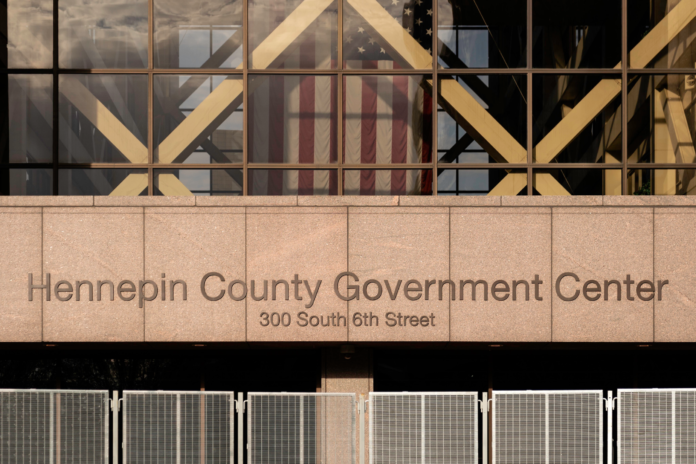Local leaders are sending social workers to more police departments in Hennepin County.
The move comes as part of an expansion effort to increase the number of departments relying on mental health experts, instead of police officers, to address “crisis calls.”
The Star Tribune reports that seven local police departments in Hennepin County will officially join the social worker program early next year, bringing the total up to 21 departments serving 29 Hennepin County cities. The county is sending 12 additional social workers to assist these departments.
There are a few stated goals of the expanded program, namely to improve relations between law enforcement and the communities they serve, and to improve quality of life and outcomes for residents in crisis.
“The expansion of Hennepin County’s embedded social worker program is all about the intersection of public safety and mental health,” said the county’s District 6 Commissioner Chris LaTondresse at a Tuesday press conference, as quoted by KSTP.
“It’s all about equipping local law enforcement with another tool to improve outcomes for residents in crisis and increase trust with the communities they serve. This program is the future of public safety.”
Hennepin County Sheriff David Hutchinson joined LaTondresse and others to announce the program and make brief remarks.
“People suffering from mental health crises aren’t criminals. They need our help,” he said. “They need to be given treatment, not put in jail cells.”
Minnetonka Police Chief Scott Boerboom added that having embedded social workers “provides our officers with the additional resources provided through follow-up contact.” According to KSTP, these resources include tailored assessments, support and referral services, and even counseling and intervention.
The approach seems to be having some effect. The Star Tribune reports that mental health calls in Brooklyn Park fell by a whopping 85 percent after the police assigned a social worker to assist 25 residents responsible for almost a third of all such calls.
But critics of these programs in other cities say they appear successful because of “selection bias,” meaning social workers are selected to respond to the “easier” calls while police continue to handle calls with a potential for violence.
Charles Lehman of the Manhattan Institute said data from New York City’s Behavioral Health Emergency Assistance Response Division (B-HEARD) was skewed because it didn’t “randomly assign” officers or social workers to mental health-related 911 calls.
“It was set up such that B-HEARD was necessarily going to have a higher hit rate than the traditional NYPD officers because the NYPD officers were dealing with cases that B-HEARD was considered incompetent to handle,” Lehman told Fox News. “So if B-HEARD had been exposed to the same set of cases the NYPD was … one cannot rule out the possibility that they would have had essentially the same success rate as the NYPD police officers, just about 82% compliance.”
In the wake of George Floyd’s death and the subsequent riots in 2020, the idea of allowing social workers to respond to crises of mental health and drug abuse gained significant popularity, often being linked to efforts to “defund the police.” Hennepin County’s program was established in 2019 and thus prior to the Floyd fallout, but there is little doubt that the idea picked up great steam because of those developments.
















